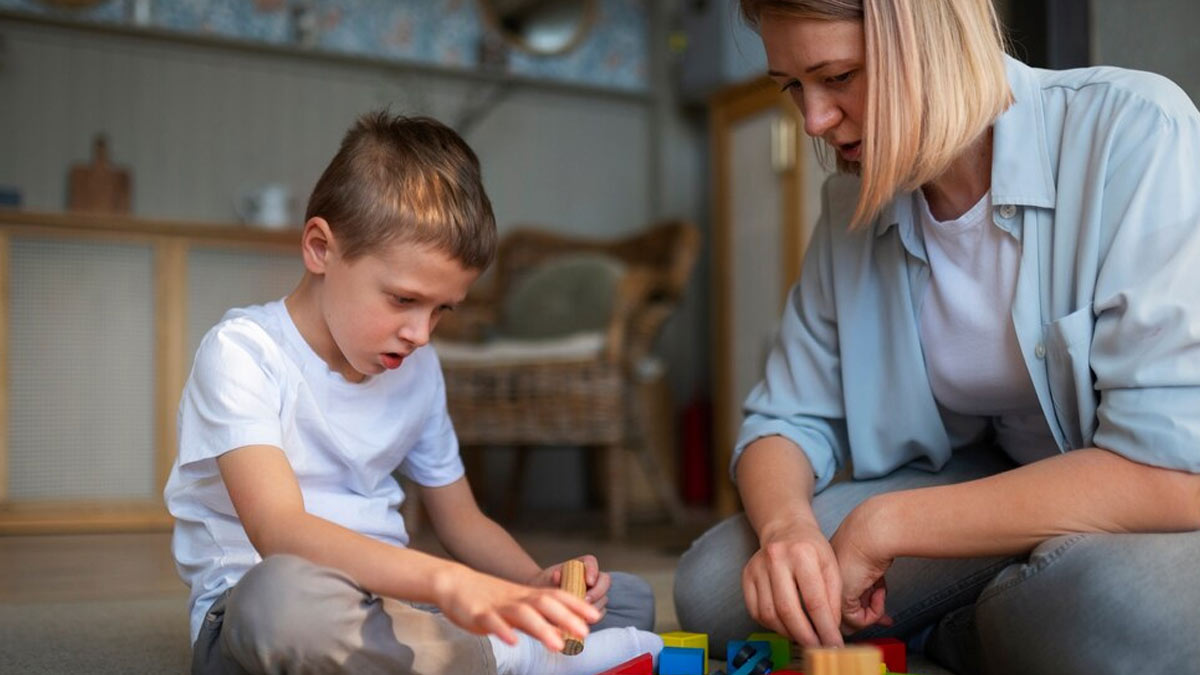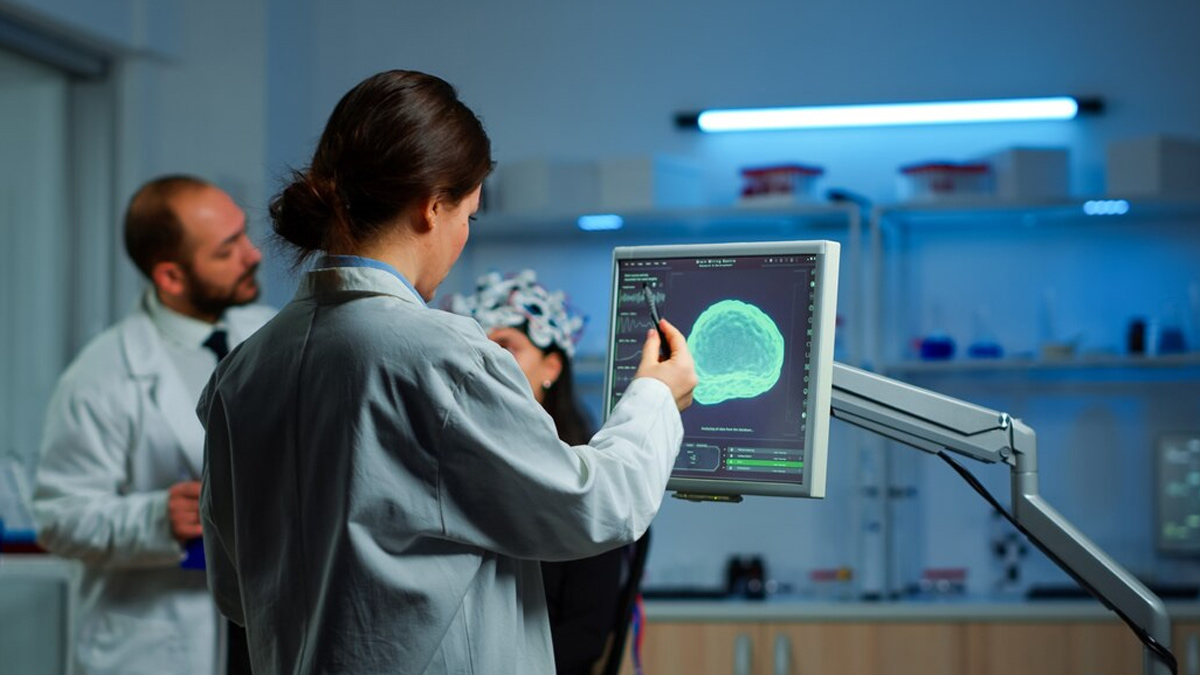
Have you ever wondered if a brain injury could lead to Autism Spectrum Disorder (ASD)? Many parents and caregivers have similar concerns, especially when children display developmental delays or behavioural challenges. Autism Spectrum Disorder (ASD) is a developmental condition that influences how individuals communicate, behave, and interact socially. Although the precise causes of autism remain complex and multifactorial, involving both genetic and environmental factors, there is increasing interest in understanding the role brain injuries might play in its development.
Table of Content:-
We spoke to our expert Dr Kranthi Mohan, Consultant Neurologist Gleneagles BGS Hospital Kengeri, Bengaluru, who explained autism and its connection with brain injury.
Understanding Autism and Brain Injury

“Autism is typically diagnosed early in childhood, with signs often becoming noticeable by age two or three. It is largely believed to be the result of genetic predisposition coupled with environmental influences, such as prenatal exposure to toxins or infections,” said Dr Mohan. Brain injuries, on the other hand, occur due to trauma, lack of oxygen (hypoxia), infections, or other external factors that damage brain tissue.
While brain injuries do not directly cause autism, they can sometimes result in behaviours or challenges that mirror some characteristics of ASD. These can include difficulties with communication, social interaction, and emotional regulation, said Dr Mohan. However, it’s important to distinguish between symptoms resulting from a brain injury and those that are characteristic of autism.
Also Read: Why Is It Important To Create A Sensory-Friendly Environment For Individuals With Autism?
The Timing of Brain Injury Matters

“Research indicates that brain injuries sustained during critical periods of early brain development, such as in utero, during birth, or shortly after birth can increase the risk of neurodevelopmental disorders, including those that resemble autism,” added Dr Mohan.
For example, perinatal brain injuries resulting from complications like lack of oxygen or trauma during birth can sometimes lead to developmental delays. Children who experience such injuries may show cognitive or social deficits that could be mistaken for autism but are the result of the injury itself.
However, these injuries do not typically lead to a diagnosis of autism. Rather, they may result in conditions, such as cerebral palsy, intellectual disabilities, or other developmental delays. Healthcare providers need to differentiate between these disorders and autism to provide the appropriate treatment and support.
A 2023 study found that children who suffered brain injuries before the age of two were more likely to be diagnosed with ASD. However, the diagnosis was often delayed for several years, likely because the symptoms overlapped with those of the brain injury. Furthermore, all participants had at least one other medical condition, which added complexity to diagnosing ASD.
Role of Neurology in Differentiating Conditions

“Neurologists play a crucial role in evaluating children who exhibit developmental delays or changes in behaviour following a brain injury. Through comprehensive neurological assessments, brain imaging, and developmental evaluations, we can determine whether a child’s symptoms are the result of an injury or related to a broader neurodevelopmental disorder like autism,” said Dr Mohan.
In some cases, children with ASD who experience a brain injury may exhibit more pronounced symptoms, but it is important to note that the injury does not cause autism. Instead, the injury may exacerbate pre-existing challenges. Understanding this distinction is vital in shaping the treatment plan, which could include physical therapy, speech therapy, or behavioural interventions depending on the child’s specific needs.
Bottomline
Dr Mohan concluded, “While brain injuries can lead to developmental delays and behavioural challenges that may resemble autism, they are not a direct cause of ASD. Proper diagnosis is essential to ensure children receive the appropriate care and intervention. By working closely with neurologists and other specialists, families can better understand their child’s condition and access the resources needed for optimal development and quality of life.”
[Disclaimer: This article contains information provided by an expert and is for informational purposes only. Hence, we advise you to consult your own professional if you are dealing with any health issues to avoid complications.]
Also watch this video
How we keep this article up to date:
We work with experts and keep a close eye on the latest in health and wellness. Whenever there is a new research or helpful information, we update our articles with accurate and useful advice.
Current Version